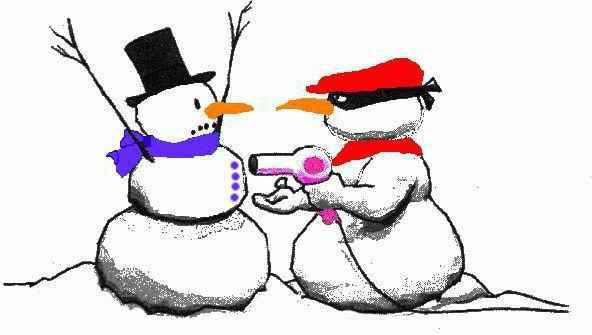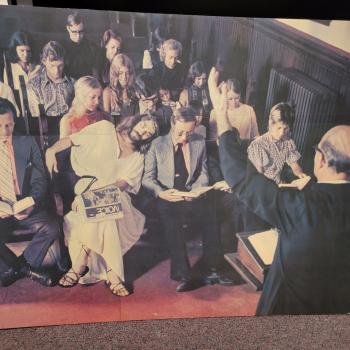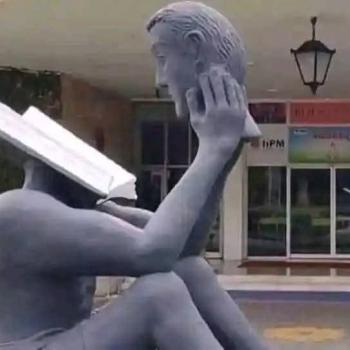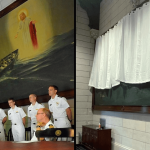It would be well to start by pointing out that we do not know that Jesus was born in winter. Indeed, Lk. 1-2 suggests sometime in the spring when sheep would be lambing, and shepherds would be abiding in the fields with their flocks. And then there is the matter of travel in winter— mostly the rainy season but I have been in Jerusalem in January when it snowed. The usual explanation as to why we celebrate the birthday of Jesus on December 25th is either :1) because the church replaced the festival of Saturnalia which did indeed occur in winter with Christmas, or 2) it has something to do with winter solstice on Dec. 21th, with assumption that it was used to replace some other astrologically based pagan festival. All of this is moot, if in fact Jesus was born in spring, a more likely time for a census to be taken, and people to begin traveling.
So our focus during Advent should not be on the when (sometime between 4-6 B.C.) but on the what. Traditionally the second Sunday of Advent focuses on the first coming of Christ, and the focus dwells on various prophecies coming true, hence the prophecy candle is lighted (and even this part of the celebration can become convoluted with the hope candle coming second in some traditions). So what should be said about the incarnation? And why did Christ come in the way and manner that he did? I’ve written a poem about this which is appropriate to share at this juncture on this Sunday.
INCOGNITO
He came in incognito,
A thinly veiled disguise
The not so subtle son of man,
A human with God’s eyes.
The messianic secret,
Left many unawares
A God had walked upon the earth
And shared our human cares.
We did not see his glory,
At least not at first glimpse,
It took an Easter wake up call,
Before it all made sense.
The truth of Incarnation,
Of dwelling within flesh,
Shows goodness in creation,
And Word of God made fresh.
Standing on the boundary
Twixt earth and heaven above
A Jew who hailed from Nazareth
But came from God’s great love.
Born of humble parents,
Installed inside a stall
This king required no entourage
No pomp or falderal
No person was beneath him
No angel o’er his head,
He came to serve the human race
To raise it from the dead.
His death a great conundrum,
How can the Deathless die?
But if he had not bowed his head,
Life would have passed us by.
Though we are dying to be loved,
And long for endless life,
He was dying in his love,
And thereby ending strife.
Perhaps the incognito
Belongs instead to us,
Who play at being human,
And fail to be gold dust.
But there was once a God-man
Who played the human’s part
And lived and died and rose again
Made sin and death depart.
Yes now through a glass dimly,
We see the visage royal
And feebly honor his great worth
And his atoning toil.
We cannot see his Spirit,
But moved by its effects
We are inspired to praise his worth
And pay our last respects.
Yet that too brings him glory
That too makes a start,
The journey of a million miles
Begins within one’s heart.
And someday we shall see him
And fully praise his grace,
Someday when heaven and earth collide
And we see face to face.
He comes in blinding brilliance,
A not so veiled disguise
The not so subtle Son of God,
A God with human eyes.
BW3

















